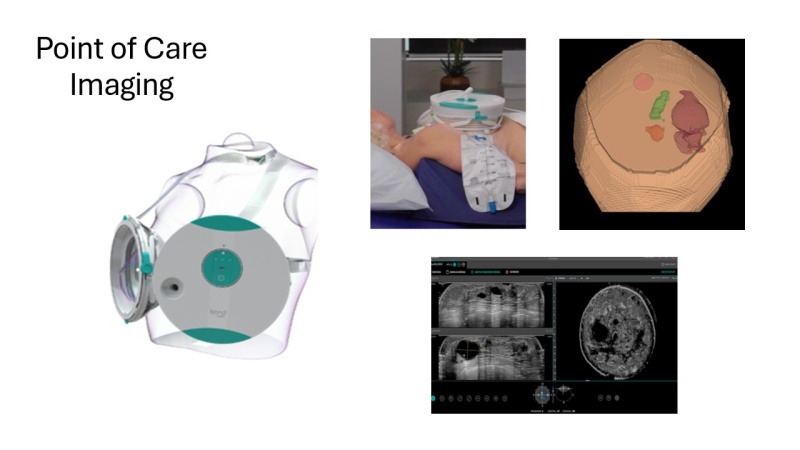Curbing late-stage breast cancer diagnosis: Innovative mobile diagnostic kit aims to improve early detection in Uganda
An international team of experts, including the Uganda Cancer Institute, is developing a groundbreaking mobile breast cancer diagnostic kit to enhance early detection in Uganda, where 70% of cases are diagnosed at an advanced stage.

An international team of imaging, engineering and cancer experts is developing a novel mobile breast cancer diagnostic kit to improve early diagnosis in low- and middle-income countries — such as Uganda, where systemic delays lead to an advanced stage diagnosis in 70% of breast cancer cases.
A newly awarded five-year, $4 million grant from the U.S. National Cancer Institute supports a partnership between Vanderbilt University Medical Center and the Uganda Cancer Institute (UCI) to optimize, validate, and deploy a portable diagnostic kit for breast cancer that merges innovative point-of-care technologies in ultrasound and cytology. The goal is for the kit to be used at community health centers that provide outpatient care in sparsely populated areas.
Delayed diagnosis is common in underserved communities, especially rural areas that lack hospitals, in the U.S. and around the world. In Uganda, for example, an average 11-month delay results in a high fatality rate. Developing a method of identifying breast cancer in symptomatic women earlier in community care clinics has the potential to improve clinical outcomes, lower mortality, and keep patients close to home, said John Scheel, MD, PhD, MPH, professor of Radiology and vice chair of Global Health in the Department of Radiology and Radiological Sciences at VUMC and co-principal investigator.
